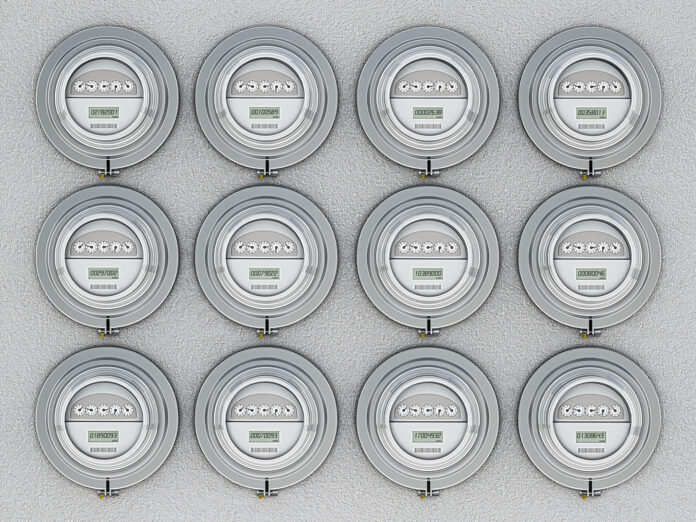Itron’s testing will use leased low-band spectrum plus base stations from four vendors
Utility metering giant Itron has gotten the go-ahead from the Federal Communications Commission to test private cellular in low-band spectrum to support advanced metering.
In its description of the project, as part of its filing for Special Temporary Authority (STA), Itron said that it had been chosen by the Utility Broadband Alliance (UBBA) to develop a use case for advanced metering infrastructure, or AMI 2.0.
“Advanced metering includes technologies related to monitoring transformer load management and electric vehicle charging closed control over a private cellular infrastructure,” Itron explained.
Itron will be doing the testing in its Liberty Lake Lab in Spokane, Washington, using base stations from Amerisoft, Ubiik, Nokia and Ericsson that will communicate with up to 20 mobile Itron devices. The company plans to run applications and instrumentation that illustrate the “capacity, latency, and battery life characteristics of different LTE network types (NB-IOT, Cat-M1, Cat-1) and architectures (cell-to-meter, micro-mesh, etc.),” it said in its filing.
All the devices will be used indoors, leveraging spectrum from Anterix at 900 MHz spectrum and Omega Wireless at 600 MHz.
Itron’s STA runs from September 1 until January 1, 2025. The company plans present the results of its experiment to other U.S. utilities in November during a UBBA plugfest, then keep the infrastructure active through the end of this year to continue work on validating new applications.

